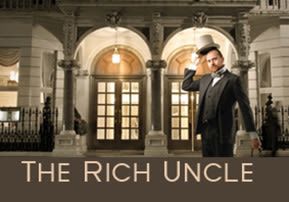
The Rich Uncle
Each person around the table expressed his or her thanks when their turn came, but the rich uncle claimed that he didn't need to thank anyone, for he deserves what he has...

As background for what I am about to relate I must state that until about six months ago I had little, if any, knowledge or experience with Orthodox Judaism. My son, who is a Baal Teshuva Orthodox Rabbi, gave me some discs of talks by Rabbi Shalom Arush, translated and adapted to English by Lazer Brody. I began to listen to them and my interest in Judaism began to grow exponentially. I also began viewing Rabbi Brody’s talks on the internet and started reading the Garden of Emuna and the Garden of Gratitude. To say that my life began to change dramatically would be an understatement.
So, on Thanksgiving Day 2013, being fully prepared to be an observant participant, I went to a dinner hosted by a Jewish man who is married to a non-Jewish woman. In attendance at the dinner was the very wealthy elderly uncle of the Jewish host. When, during conversation I told the uncle that my son was an Orthodox Rabbi, he had a very negative reaction. To be truthful, I had to hold back the negative comments that my mind was forming, that I wanted to direct to him. In further conversation, the uncle revealed himself to be very “full of himself” (arrogant). He spoke extensively about all the valuable antiques and art he owns and his many 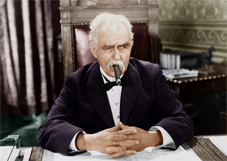 businesses.
businesses.
After dinner was finished, but before dessert, the various people around the table took turns expressing what they were thankful for. When it was the turn of the uncle he said, “What should I be thankful for? I deserve everything I have.” This horrifying statement set my mind to analyzing what he said in connection with what I had been learning form Rabbi Brody’s teachings. I concluded that the Uncle had no idea about Emuna or about being grateful to Hashem for all he has.
Later in the evening, the Uncle’s female companion told me that on a previous Yom Kipper holiday, while in attendance at religious services (which I thought was somewhat incongruous due to the apparent personality of the uncle), the home of the uncle, containing many of his valuable antiques and art, burned to the ground. This started me really thinking about the meaning behind this event. One of the possibilities is that Hashem was giving the uncle a wake up call to get him to re-evaluate the path his life was on. The other possibility is that Hashem was giving the uncle a serious tribulation as punishment for the way he had been living his life, in order to spare him from the punishment in the next world, which is a lot worse. Since at dinner the uncle had expressed that he had nothing to be thankful for in a most haughty fashion, I believe that the second possibility is the correct one, because he doesn’t seem at all open to listening to anyone or anything except himself. In addition, I believe that when the day of being before Hashem for a review of his life occurs, he will have a rude awakening.
I have continued to reflect on this experience in light of the teachings I have been experiencing from Rabbi Brody and I find that this event was presented to me by Hashem to aid me in my own spiritual growth and understanding. Hashem was showing me how ugly ingratitude is, to make me realize how important and beautiful it is to show gratitude for every little blessing in life.


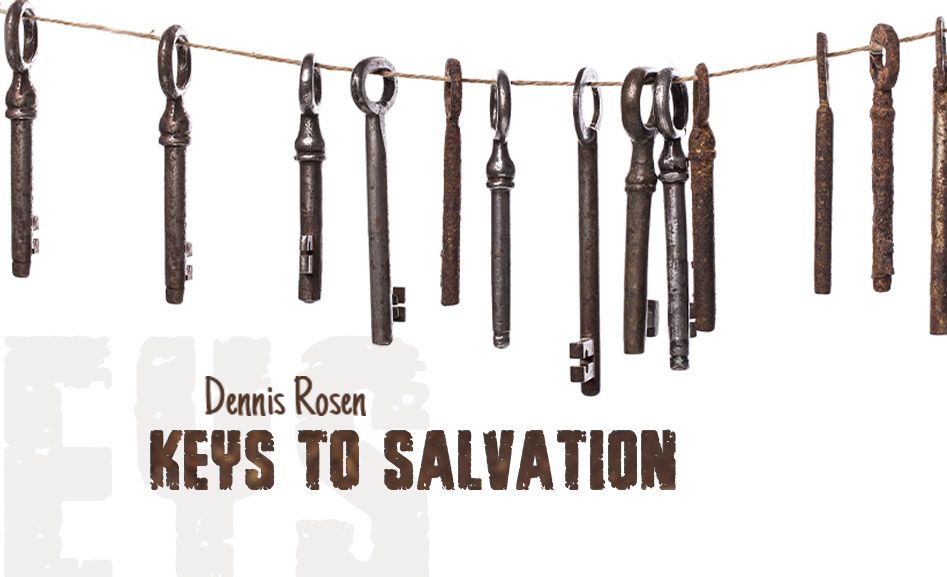
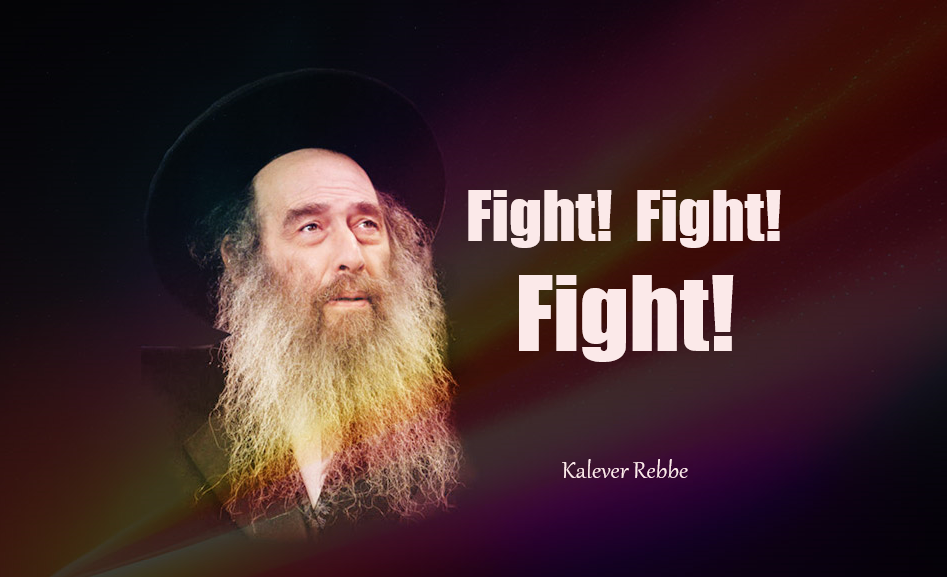
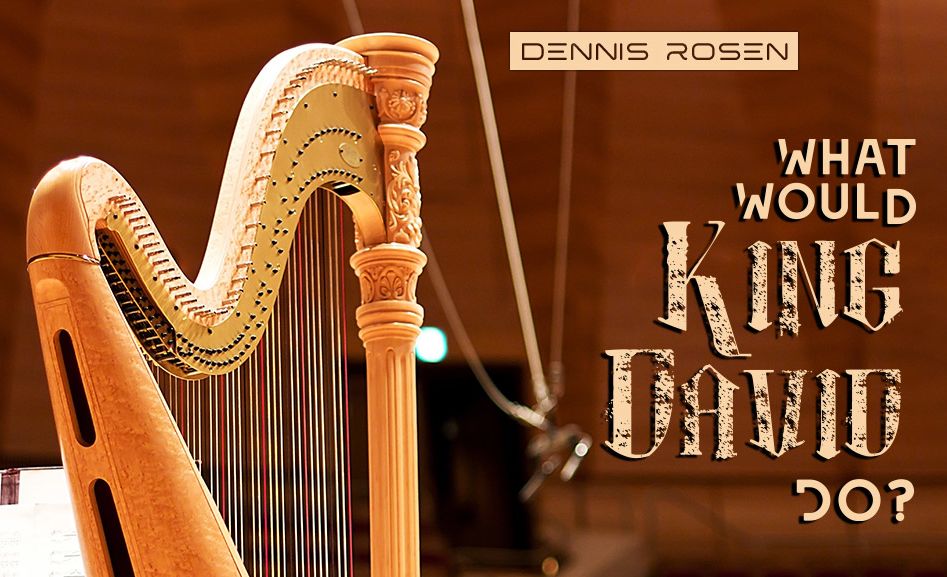

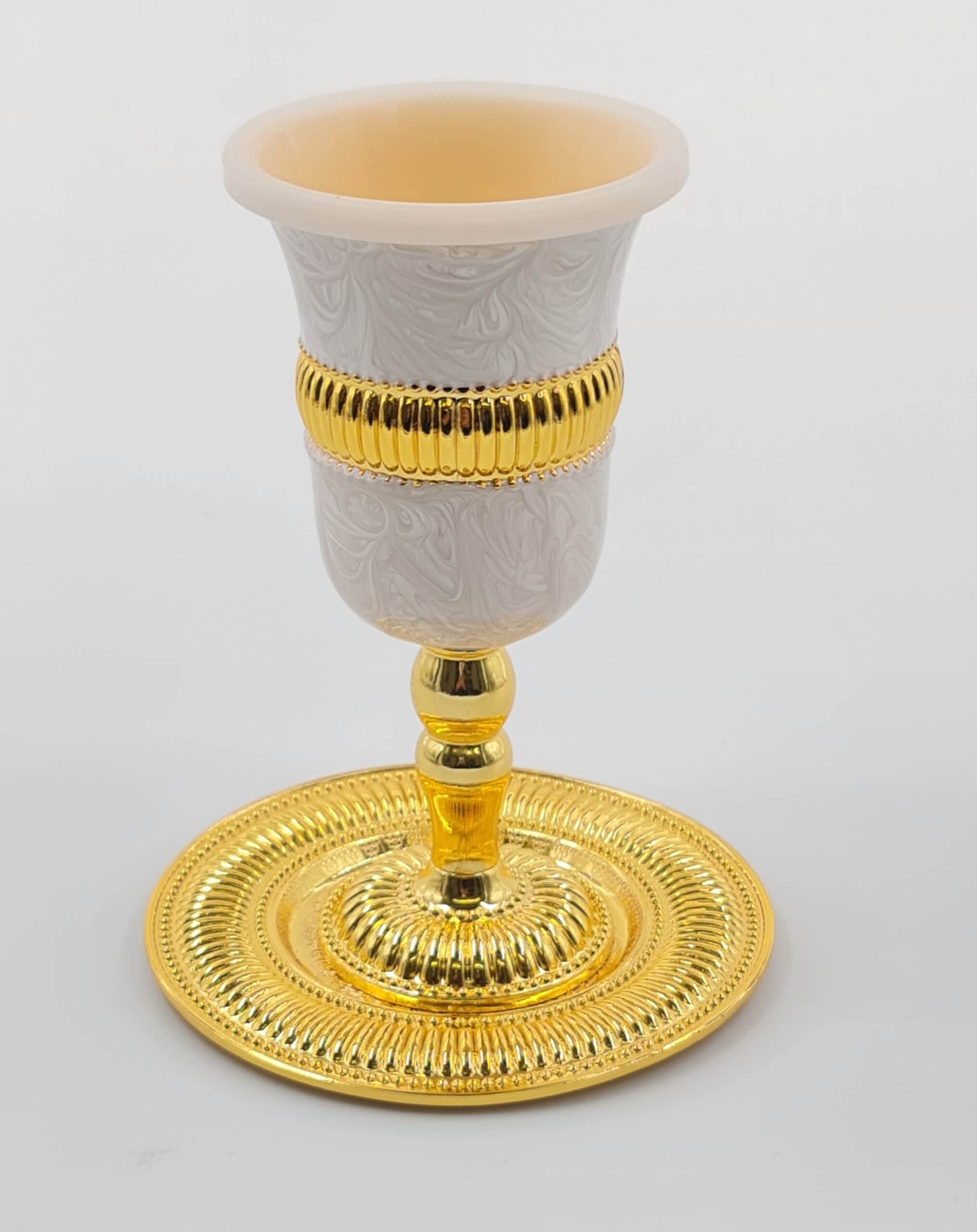
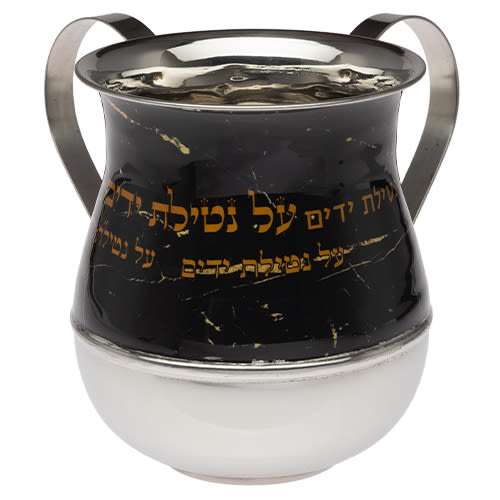
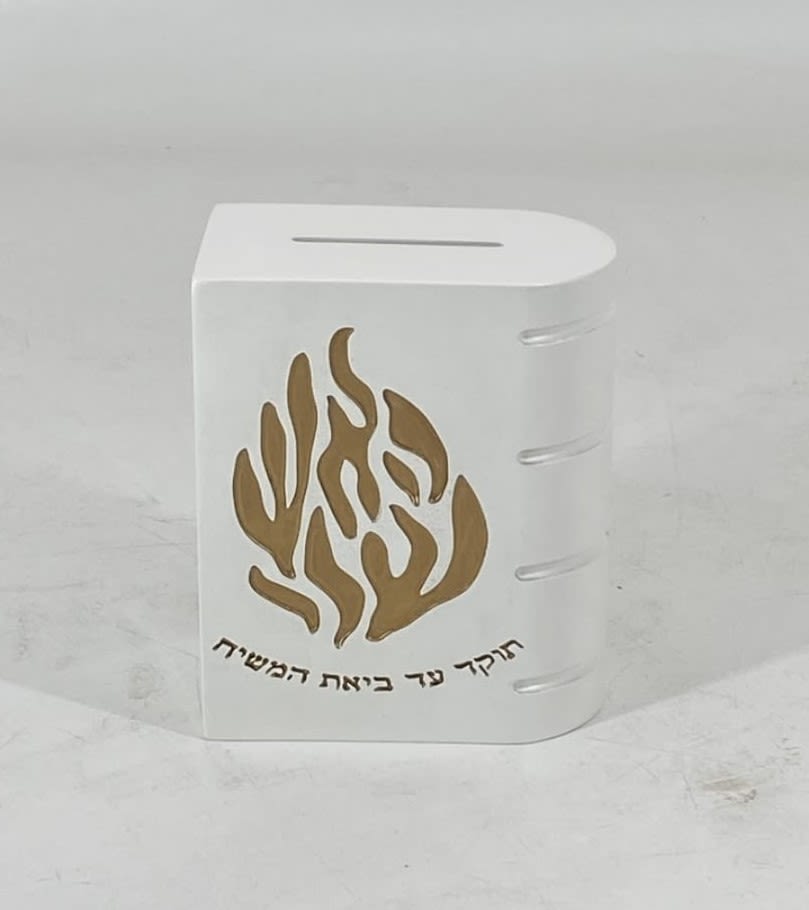

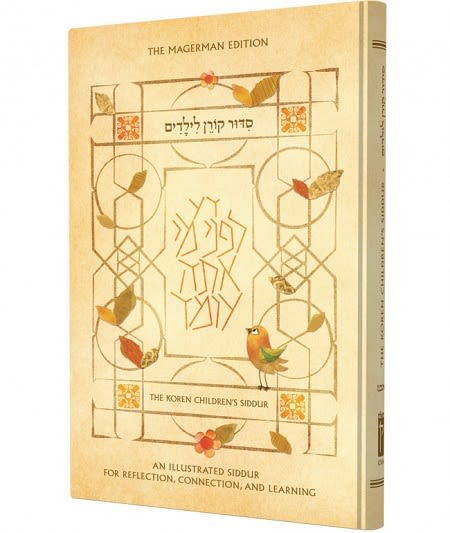
Tell us what you think!
Thank you for your comment!
It will be published after approval by the Editor.